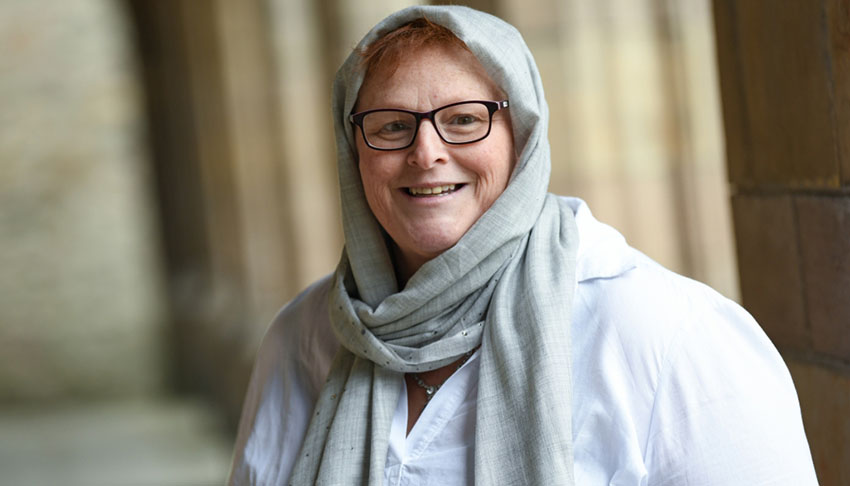Five minutes with Tina Soliman Hunter
From jumping out of a broken helicopter onto an oil rig in the North Sea, to being appointed a Professor of Earth Sciences at the Biological Research Institute at Tomsk State University in Russia, Tina Soliman Hunter’s key achievements are as diverse as they are impressive. A Professor of Energy and Resources Law at Macquarie Law School, Tina explains what led her to focus on this area of law and how she hopes her work will help shape a robust legal framework when it comes to new and existing resource and energy development.

How did you originally become interested in your area of research?
I had a wonderful professor from Norway come out to Australia to teach energy law when I was in my second year of law school. I went to Norway on exchange the following year, and, as they say the rest is history. I ended up doing my PhD in Norway with him, whilst working as an academic in Australia. Not for the faint-hearted!
He ignited in me a passion for how the bounty from natural resource development from a country can be used to either enrich the country or make a few people rich. At that time, Australia was going through a ‘greed is good’ phase, where mining was for the few, petroleum wealth went to foreign companies, and ‘we the people’ didn’t really get much benefit. Since that time, my focus has been on ensuring that resource development benefits enrich a country, and that state involvement is a positive thing. With the new wave of resource development and low-carbon economy, it is my mission for Australia to ‘get it right’, an unprecedented, once in a life-time opportunity!
Tell us a bit about your current research and what makes it so important?
You will have noticed in the media that the Australian government, on the back of the technology road map and COVID-19 gas-led manufacturing recovery, is investing in hydrogen, the development of unconventional gas, and the development of underground reservoirs for carbon sequestration. These are the greatest challenges of our time, and they present both scientific and legal challenges. As a scientist and a law academic, my research focuses on the intersection of law and science to ensure that we develop laws for application of existing natural resources and new technologies that are based on fact, not political agendas. This will ensure that as we shift to net zero carbon emissions by 2050, we develop a robust legal framework for all aspects of new and existing resource and energy development rather than having to continue to retrospectively fit the law around developments. Such an example of this is the development of coal seam gas in Queensland, where there have been over 10,000 amendments to the principal legislation – the Petroleum and Gas (Production and Safety) Act 2003 (QLD) – since its implementation 18 years ago.
What is your proudest achievement?
Jumping out of a helicopter (it was broken!) onto the deck of an oil rig in the North Sea and surviving to tell the tale. Although I have to admit it was undignified to be rolling around on a helideck with a ruptured anterior cruciate ligament – not a pretty sight!
Failing the ‘just surviving’ scenario, my proudest achievement was to be nominated to lead a research consortium comprising three Russian academic institutions, as well as engineers, biologists and earth scientists; and being appointed a Professor of Earth Sciences at the Biological Research Institute, Tomsk State University. Given how strict Russian research institutions are, this was a huge honour!
What would people be surprised to know about you?
I love small babies. Their smell and facial expressions turn me to mush!
What’s on your agenda for the rest of 2021?
A future fellow application to the ARC, putting Macquarie Law school on the map as the ‘go-to’ place for energy and natural resources, and to continue to make interdisciplinary projects with researchers from Macquarie.